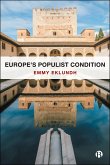
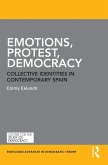
Broschiertes Buch
Collective Identities in Contemporary Spain
13. Dezember 2021
Routledge
| Gebundenes Buch | 195,99 € | |
| eBook, ePUB | 43,95 € | |
| eBook, PDF | 43,95 € |
Gebundenes Buch
Collective Identities in Contemporary Spain
29. Januar 2019
Routledge
Ähnliche Artikel

eBook, ePUB
5. März 2013
Taylor & Francis eBooks

15,95 €
Sofort per Download lieferbar
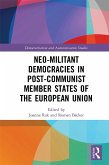
eBook, ePUB
24. März 2022
Taylor & Francis eBooks
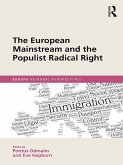
eBook, ePUB
31. März 2017
Taylor & Francis eBooks
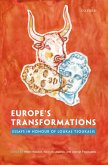
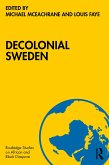
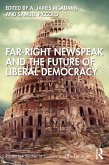
eBook, ePUB
23. April 2024
Taylor & Francis eBooks


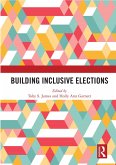
Ähnlichkeitssuche: Fact®Finder von OMIKRON
